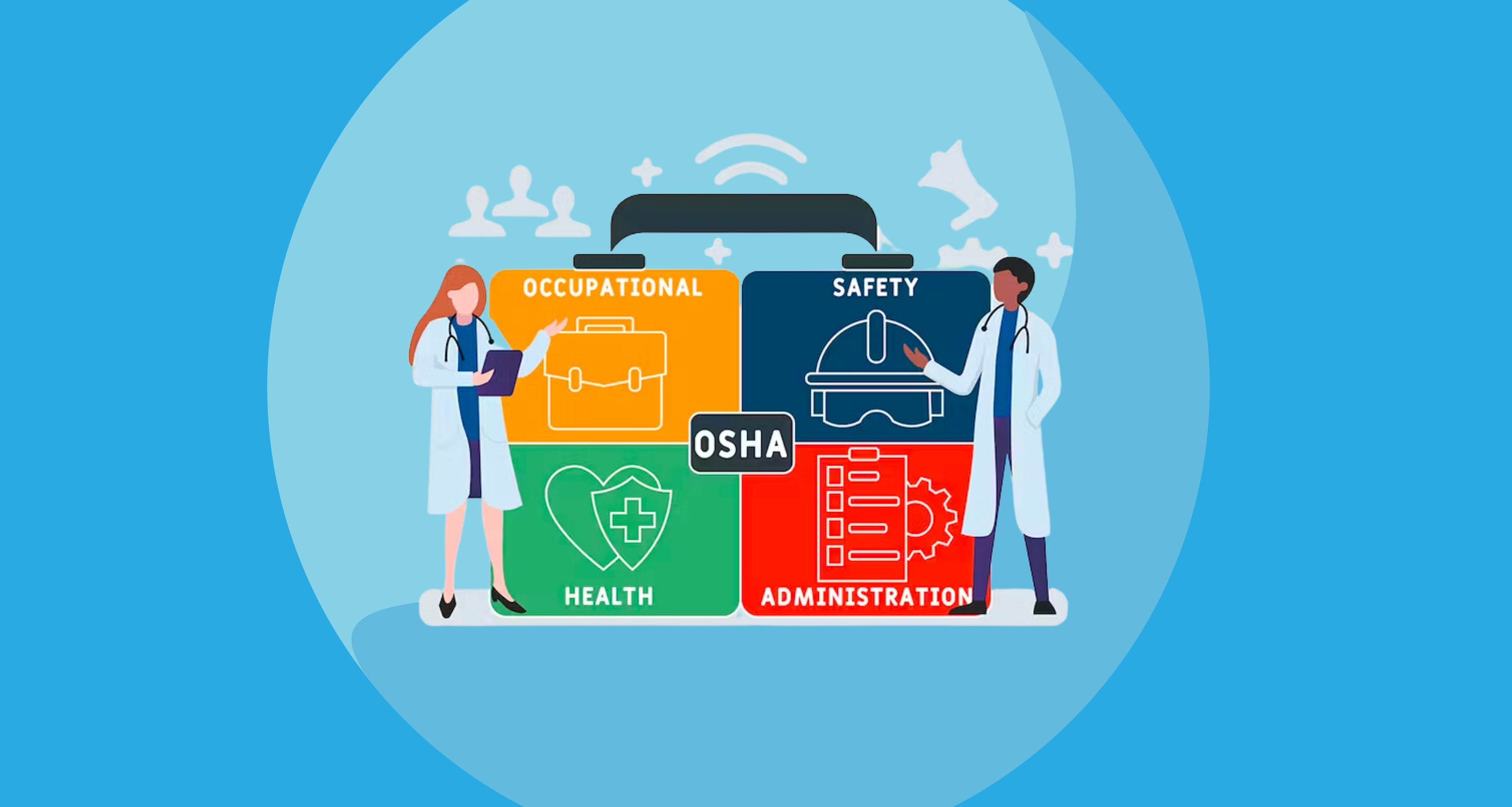
What comes to mind when you hear the term “OSHA” or Occupational Safety and Health Act? Perhaps images of hard hats and construction sites flash through your mind. But did you know OSHA also plays a vital role in the healthcare industry? Yes, you heard right! OSHA for healthcare is just as important as in any other field.
In the bustling halls of a hospital, among the beeping monitors and hurried footsteps, there is an unsung hero silently working to ensure the safety of those who dedicate their lives to caring for others. While many may associate OSHA with just the standard construction workers, OSHA for healthcare is a vital force that plays a crucial role in maintaining a safe work environment within the healthcare industry.
OSHA for Healthcare: Guidelines
The healthcare industry, with its unique challenges and hazards, requires special attention when it comes to workplace safety. From hospitals to clinics, nursing homes to outpatient facilities, every aspect of patient care involves potential risks for healthcare workers. OSHA recognizes this and has established comprehensive guidelines and regulations specific to the healthcare space.
These regulations cover a wide range of areas, such as:
- Exposure to hazardous chemicals
- Bloodborne Pathogens
- Respiratory Protection
- Infection Control
By adhering to OSHA guidelines for healthcare organizations, they can ensure that employees have access to personal protective equipment (PPE), proper disposal methods for hazardous materials, and protocols for handling potentially infectious substances.
What Are the Primary Functions of OSHA in Healthcare?
OSHA has several primary functions that healthcare organizations must consider to be compliant and protect employees.
1. Safe & Healthy Work Environment
One of the primary functions of OSHA in healthcare is to ensure that employers provide a safe and healthy work environment for their employees.
This includes:
- Identifying Potential Hazards
- Implementing Preventive Measures
- Providing Necessary OSHA Training & Educating
- Enforcing Compliance with Safety Standards
By doing so, OSHA not only safeguards the well-being of healthcare workers but also ensures better patient care.
For instance, strict regulations are in place to minimize the risk of exposure to substances like chemicals or drugs commonly used in medical procedures. Healthcare facilities must have proper protocols for handling these substances safely, including labeling them correctly and providing appropriate PPE (gloves, masks, etc.).
When these guidelines are followed meticulously, it reduces the likelihood of accidental spills or inhalation by healthcare workers – ultimately protecting both staff members and patients from harm.
2. Commitment to Infection Control
OSHA’s commitment to infection control is a critical role of OSHA in healthcare. Infection prevention is paramount in any medical setting to prevent the spread of diseases and keep patients safe.
OSHA guidelines require healthcare facilities to implement measures such as:
- Hand Hygiene Protocols
- Proper Waste Disposal
- Use of Personal Protective Equipment
By ensuring that these infection control practices are followed diligently, OSHA plays a significant role in reducing the risk of healthcare-associated infections.
3. Ergonomics
OSHA’s focus on ergonomics is essential in maintaining a safe work environment for healthcare workers. Healthcare professionals often perform physically demanding tasks such as lifting and transferring patients, which can lead to musculoskeletal injuries if not done properly.
OSHA provides guidance on ergonomic principles and recommends strategies to minimize risk through:
- Improved Work Practices
- Assistive Devices
- Training Programs
By promoting ergonomic safety, OSHA helps prevent workplace injuries and keeps healthcare workers safe, healthy, and able to provide optimal patient care.
Promoting Safety with OSHA Compliance
So next time you step foot into a healthcare facility or find yourself under the care of a dedicated medical professional, take a moment to appreciate the hidden hero behind the scenes – OSHA in healthcare.
It tirelessly works to protect those who devote their life caring for others. From minimizing exposure to hazardous substances to enforcing infection control practices, and promoting ergonomic safety, OSHA plays an integral role in maintaining a safe environment within the healthcare space. Let us recognize its significance and support its ongoing efforts towards safeguarding both healthcare workers and patients alike.










